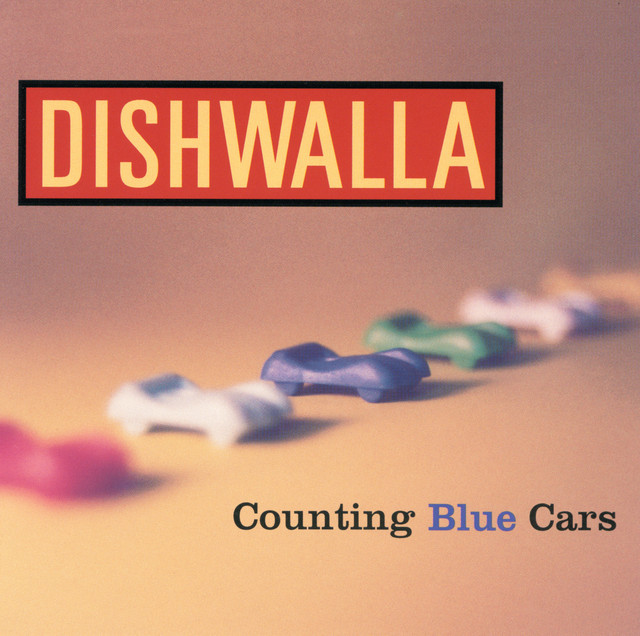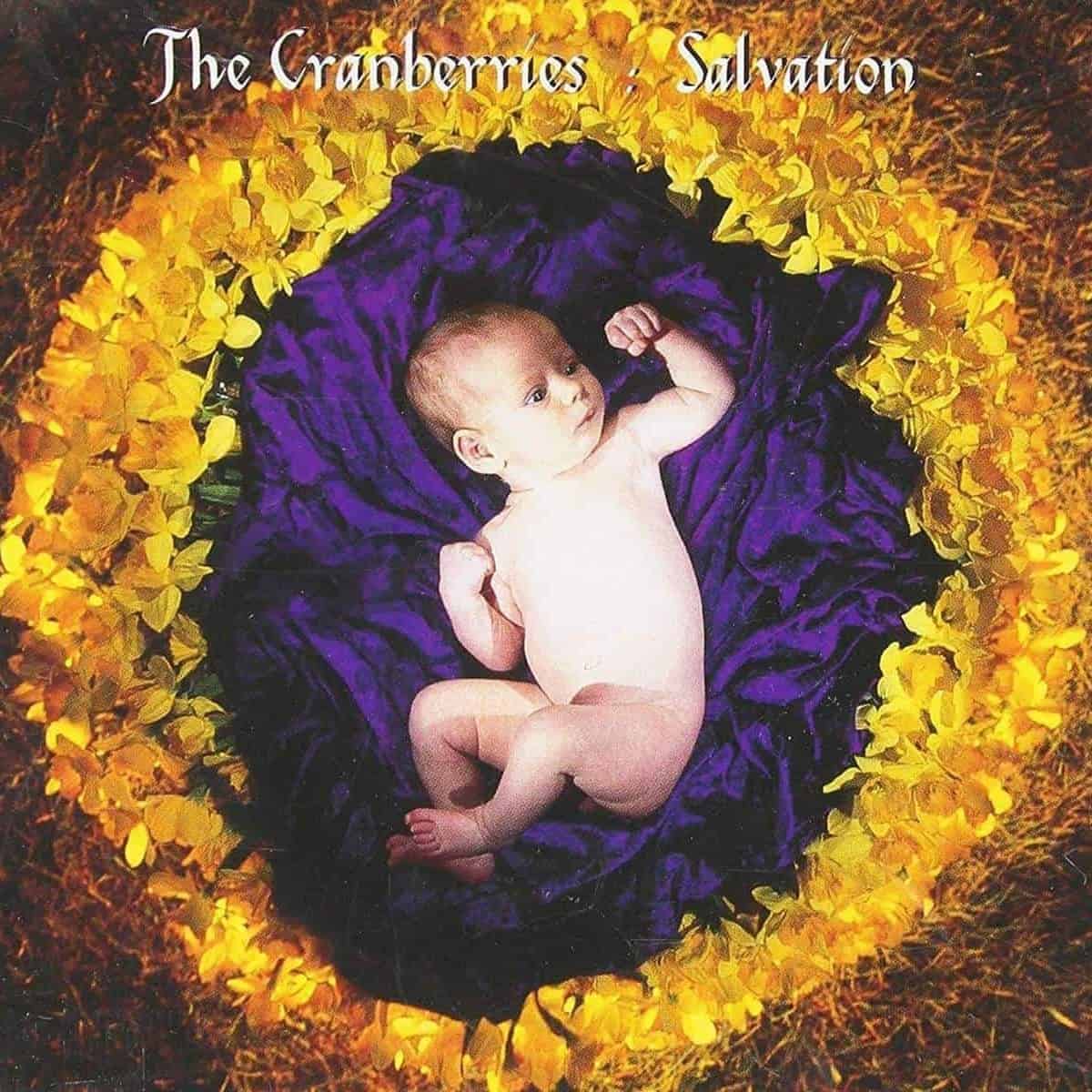I had planned for this intro section to be slightly longer, but you know what? I’m not willing to risk my life for you people. Christian Scott was at the Blue Note in New York this past week, and I had every intention of going to see him on Friday night. But then all gatherings of more than 500 people were shut down, and all gatherings of fewer than 500 people (the Blue Note holds about 225) were forced to reduce their capacity to 50%, and I realized that getting to the show would require me to get on both a NJ Transit train and the A/C/E subway line, and I said to myself, “Yo, fuck that.”
Instead, I watched this 100-minute Scott performance from the Bimhuis in Amsterdam:
The next show I’d planned to see -- Shabaka And The Ancestors at Bowery Ballroom on 3/30 -- is also cancelled. (Their new album is reviewed below; it’s fantastic.)
If you’re self-quarantining, here are some excellent performances by groups and artists I’ve written about in this column before (and below), to enjoy from the safety of your bedroom.
Sons Of Kemet live at Big Ears 2019:
Irreversible Entanglements at the Kennedy Center in 2018:
Matthew Shipp and William Parker duo at the 2019 Vision Festival:
Stereogum already ran a regular obituary for legendary pianist McCoy Tyner, who died on 3/6 at 81. So I’m just going to recommend that you dive deep into his catalog from the 1960s and 1970s -- I highly recommend The Real McCoy, Tender Moments, Asante, Enlightenment, and Atlantis in particular. And I’ll share a personal story. Though I never got to see Tyner perform live, I did interview him in 2008, when he released Guitars. It was his final studio album, and an interesting musical departure. The core band was him, bassist Ron Carter and drummer Jack DeJohnette, playing with five different guest guitarists: Béla Fleck (playing banjo, of course), Bill Frisell, Marc Ribot, John Scofield, and Derek Trucks. I wrote a piece about the album for Jazziz Magazine, and got to talk to Tyner, Ribot, and Frisell. And while all three men were very nice, Tyner in particular seemed like he’d rather be doing anything other than being interviewed. In fact, he wound up cutting our conversation short after about 15 minutes, telling me he had company in a way that implied that I was keeping him from activities I’d expect from David Lee Roth, not a (then) 70-year-old jazz legend. I hung up laughing. And to be fair, he did say some interesting things during our brief conversation, two of which I’ll reproduce below:
I like to compose, I like to play, I like to interject one or two standards, but I prefer writing my own music. I consider what I’ve written standards, like "Passion Dance" and "Blues On The Corner." These songs have been around forever, and young guys like to play ’em. But I understand what [people] mean when they mention standards -- George Gershwin or whatever, guys like that.
I think [people] should expect anything from me. Whatever I give ’em, take it, ’cause I try things. I still do that.
Trumpeter Avishai Cohen left the US for Israel a few years ago, and upon doing so, formed a band of Israeli musicians (Uzi Ramirez on guitar, Yonatan Albalak on guitar and bass, Aviv Cohen on drums, and Ziv Ravitz on drums and live sampling) called Big Vicious. He says of their music and concept, “We’re all coming from jazz, but some of us left it earlier.” Their self-titled debut album, on ECM, is a kind of drifting cloud of electronic trip-hop jazz that will appeal to fans of Nils Petter Molvær and similar artists. They’ve made a video for their version of Massive Attack’s “Teardrop,” which you can check out below.
And now, here are the best new jazz albums of the month!
Shabaka And The Ancestors, We Are Sent Here By History (Impulse!)
In 2015, British reeds player Shabaka Hutchings, also of Sons Of Kemet and the Comet Is Coming, traveled to South Africa and hooked up with a crew of musicians: alto saxophonist Mthunzi Mvubu, trumpeter Mandla Mlangeni, keyboardist Nduduzo Makhathini, bassist Ariel Zamonsky, drummer Tumi Mogorosi, percussionist Gontse Makhene, and vocalist Siyabonga Mthembu. Their debut album, Wisdom Of Elders, was a fantastic blend of Western and African jazz traditions, with poetic lyrics from Mthembu, but it felt like a kind of miraculous one-off. Turns out it’s an actual band. Their second album is basically a concept record; all the track titles come from a poem by Mthembu, and the music is arguably even deeper than before. “The Coming Of The Strange Ones” is a pulsing, shuffling vamp that feels like dancing barefoot in the dust as the stars whirl above you.
Stream “The Coming Of The Strange Ones”:
Irreversible Entanglements, Who Sent You? (International Anthem)
Moor Mother is having a hell of a year. Between her appearance on Zonal’s Wrecked and her own Analog Fluids Of Sonic Black Holes last fall, and the return of her engaged, enraged free jazz band this spring, she’s inescapable. The second Irreversible Entanglements album is just as politically and musically furious as the debut, but there’s an introspective undercurrent to the new music as well. There’s even some optimism here; on “No Más,” she says, “Infinite possibilities/ Coming back around/ I know we are more than circles/ Coming back around to love ourselves fully,” as the band -- Aquilles Navarro on trumpet, Keir Neuringer on saxophone, Luke Stewart on bass, Tcheser Holmes on drums -- creates a bouncing, swirling leaf storm of sound.
Stream “No Más”:
Chicago Underground Quartet, Good Days (Astral Spirits)
The Chicago Underground Quartet -- cornet player Rob Mazurek, guitarist Jeff Parker, bassist Noel Kupersmith, and drummer Chad Taylor -- made just one album, in 2000. Twenty years later, they’re back, with keyboardist Josh Johnson (a member of Parker’s New Breed band) holding down the low end, and the music is as skronky and free as anything they were doing back then. The album opens with a version of “Orgasm,” from the 1969 debut album by trumpeter Alan Shorter (yes, Wayne’s brother) that’s fantastic, with gross synth bass that’ll rattle your car trunk while Parker and Mazurek patiently execute the fanfare-like melody and Taylor lays down an almost Soulquarian beat…until it eventually erupts into free jazz clatter and squawk.
Stream “Orgasm”:
Lakecia Benjamin, Pursuance: The Coltranes (Ropeadope)
This album is a surprise coming from saxophonist Lakecia Benjamin, whose previous work has been more R&B-tinged, closer to modern soul jazz. She interprets tunes written by both John and Alice Coltrane with a wide array of guests coming from several generations of jazz, including vocalist Jazzmeia Horn, violinist Regina Carter, harpist Brandee Younger, bassist Meshell Ndegeocello, and more. On the opening version of “Liberia,” Benjamin and guest Gary Bartz turn the track, originally from the album Coltrane’s Sound, into a squalling storm, closer in spirit to what Coltrane was doing in 1965 than in 1960. There’s some bebop to be heard, but plenty of exultant freedom, too, and the rhythm section, which includes Lonnie Plaxico on bass and Darrell Green on drums, is absolutely explosive.
Stream “Liberia”:
Liberty Ellman, Last Desert (Pi Recordings)
Guitarist Liberty Ellman is a member of Henry Threadgill’s band Zooid, and Myra Melford’s Snowy Egret, and has worked with Joe Lovano, JD Allen, Nicole Mitchell, and others. This is his first album as a leader since 2015’s Radiate, and it reunites that record’s personnel: trumpeter Jonathan Finlayson, alto saxophonist Steve Lehman, tuba player Jose Davila, bassist Stephan Crump, and drummer Damion Reid. On “Rubber Flowers,” they pick apart a staccato yet somehow gentle melody. Ellman and Lehman begin trading off short, fast solos before falling seamlessly back into the melody and making room for Finlayson. Behind them, Reid is tumbling across the kit with a martial crispness.
Stream “Rubber Flowers”:
Kenny Barron/Dave Holland, Without Deception (Dare2)
Pianist Kenny Barron and bassist Dave Holland made a duo album, The Art Of Conversation, in 2014. Six years later, they’ve invited drummer Johnathan Blake to their reunion, and he was a perfect choice. He’s as adept at laying down a rock-steady groove behind organist Dr. Lonnie Smith as he is driving saxophonist Pharoah Sanders to ecstatic heights or slamming out the blues with Chris Potter and Mark Turner on saxes; over the years, I’ve seen him do all three. Here, he takes more than his share of spotlight time, and makes the most of it. On the album opener, “Porto Alegre,” he grabs the Latin groove with both hands and shakes it until it comes this close to falling apart, but doesn’t. Barron and Holland sound like they’re having a blast just being dragged along in his wake.
Stream “Porto Alegre”:
Dayna Stephens, Liberty (Contagious)
Saxophonist Dayna Stephens has been on the scene for a while, and faced some serious health challenges, but right now he’s stronger -- both physically and creatively -- than ever before. Liberty is a trio disc featuring bassist Ben Street and drummer Eric Harland, both of whom played on his debut as a leader, 2007’s The Timeless Now. (He’s got a live quintet album with a different band coming out next month. More on that then.) “Faith Leap” is a slow, slightly churchy blues laid over a stuttering, thumping beat; it’s patient, considered music, matching Stephens’ calm and genial personality.
Stream “Faith Leap”:
The Heliocentrics, Infinity Of Now (Madlib Invazion)
The Heliocentrics are a UK collective, partly jazz but with lots of other things thrown in, co-led by bassist Jake Ferguson and percussionists Malcolm Catto and Jack Yglesias. In addition to albums under their own name, they’ve collaborated with legendary African musicians like Ethiopian jazz pianist Mulatu Astatke and Nigerian saxophonist Orlando Julius. This disc is their first for Madlib’s label, and it’s a swirling blend of almost Primal Scream-meets-early ’70s-Miles Davis psychedelic dub with tranced-out vocals from Barbora Palkova, alto sax from Collin Webster, and baritone sax from Jason Yarde. On “Elephant Walk,” the horns take patient, slow-burning solos over a deep, rumbling groove with clattering, echoing percussion coming in from every corner of the sonic field.
Stream “Elephant Walk”:
Collocutor, Continuation (On The Corner)
Collocutor are a band led by baritone saxophonist Tamar Osborn, with guitarist Marco Picconi, bassist Suman Joshi, and percussionist Maurizio Ravalico backing her up. Two different tenor saxophonists (Josephine Davies and Mike Lesirge) join the ensemble on different tunes. “Lost And Found,” the album’s penultimate track, features Davies, and Osborn switches to flute halfway through, as the backing trio lays down a steady pulse that reminds me of other somewhat trance-like, even-tempered London ensembles like Wildflower or Maisha. The interaction between the two women is more conversational than competitive; the birdsong-like melody makes it sound like they’re following each other down a path on a sunlit afternoon.
Stream “Lost And Found”:
Sam Gendel, Satin Doll (Nonesuch)
Sam Gendel is a saxophonist and multi-instrumentalist who has worked with Perfume Genius, Vampire Weekend, Sam Amidon, Moses Sumney, and others. On this album, he and two collaborators -- bassist Gabe Noel and electronic percussionist Philippe Melanson -- are “deconstructing” a number of well-known jazz standards, including “Afro Blue,” “Goodbye Pork Pie Hat,” “Stardust,” “Freddie Freeloader,” “In A Sentimental Mood,” and others. Their version of Duke Ellington’s “Satin Doll” could almost be from a Thundercat album. The saxophone is unrecognizable as such; it sounds like a warped synthesizer playing underwater. There’s electric bass here, and a ticking drum machine. The melody is so slow and spacey, I half expect Frank Ocean to start singing.
Stream “Satin Doll”:
JZ Replacement, Disrespectful (Rainy Days)
JZ Replacement is a collaboration between saxophonist Zhenya Strigalev and drummer Jamie Murray. For this debut album, they’re joined by bassist Tim Lefebvre, a member of saxophonist Donny McCaslin’s band who played on David Bowie’s Blackstar (he was also in the Tedeschi Trucks Band for many years). “Tubuka” is a clattering jazz-rock track with extremely sharp drumming and thick, fuzzed-out bass; the way Lefebvre and Murray run through variations on a groove that’s sometimes arty punk-funk and other times just punk reminds me of Battles, especially given the drum sound here, which often has a sharp alt-rock ring. Meanwhile, Strigalev’s sax is a staccato pulse, each note clearly defined with a twitchy, hypercaffeinated focus.
Stream “Tubuka”:
Superposition, Superposition (We Jazz)
Superposition is a new Finnish jazz quartet featuring two women, Adele Sauros on tenor sax and Linda Fredriksson on alto and baritone saxes, and two men, Mikael Saastamoinen on bass and Olavi Luohivuori on drums. Three of the four are well known from other projects: Fredriksson fronts the jazz-rock stompers MOPO, while Saastamoinen anchors the quartet OK:KO, and Louhivuori is a member of Oddarang and also worked with the late Polish trumpeter Tomasz Stanko. Sauros is a new face, but one with lots of promise, based on this evidence. “For The Fallen” is a slow, almost ECM-ish track that begins with very soft (the hiss of Sauros’ breath passing the mouthpiece is almost as loud as the notes she’s playing) saxophone and bass. When the baritone and drums come in, after a minute or so, the mood becomes even more subdued, as the two horns play incredibly gentle harmonies, almost like they’re singing to each other.
Stream “For The Fallen”:
Wildflower, Season 2 (Wildflower Music)
Wildflower are a sax-bass-drums trio who exist on the edge of the London scene, doing their own thing in relative isolation. This is only their second album, following a self-titled 2017 debut, but two of the members, saxophonist Idris Rahman and bassist Leon Brichard, are also in Ill Considered. Their general sound is patient, slightly dubby spiritual jazz. Rahman’s saxophone playing is like the early parts of a Pharoah Sanders solo, before the explosion. Brichard locks in minimal, swaying bass lines that perfectly complement what Rahman’s doing and the loose, tumbling swing of Tom Skinner’s drumming. “Under The Night Sky” opens the album like a slowly building ritual, the rhythm throbbing until you’re hypnotized, and then Rahman begins to emit fierce cries over the endless groove.
Stream “Under The Night Sky”:
Diaspora Meets AfroHorn, Jazz: A Music Of The Spirit/Out Of Sistas’ Place (Independent/Self-Released)
Diaspora Meets AfroHorn is a group co-led by trumpeter Ahmed Abdullah and percussionist Francisco Mora-Catlett, both of whom were members of the Sun Ra Arkestra in the 1970s. The instrumentation includes tenor and baritone saxes, tuba, piano, bass, and percussion. Abdullah’s wife Monique Ngozi Nri sings and recites poetry. So yeah, this is some Afrocentric spiritual stuff, made by people who’ve been following this path for decades. On this version of Sun Ra’s “Love In Outer Space,” Abdullah and Nri sing the chorus as a duet, the horn solos are sensitive and mellow, and the band joins in for some exuberant backing vocals, more like a Greek chorus than singers.
Stream “Love In Outer Space”:






